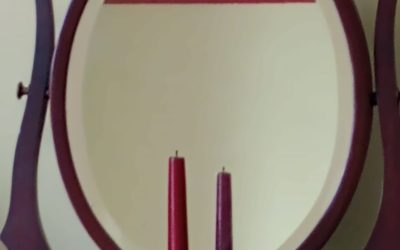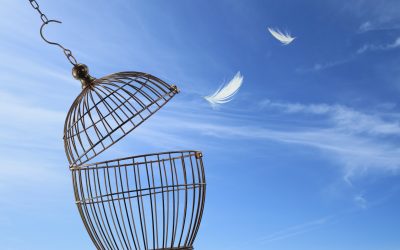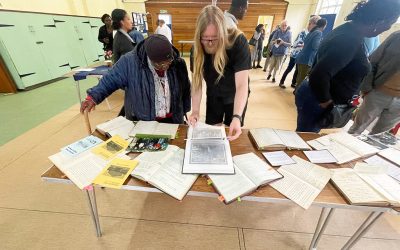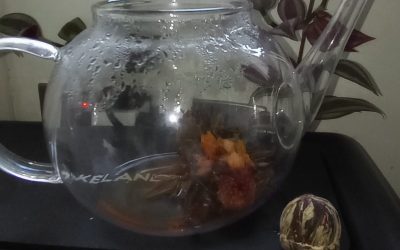Working with patience
Fran uses the pear tree to illustrate why patience can often pay off
When Richard and I moved into the manse at Bromley Common, one of the first things we did was to set our mark on the garden. Admittedly the fence needed to be repaired and so all the plants along that border had to be moved so that the fence was accessible. In the replanting we bought a pear tree. It was cheap, only £5, bare-rooted and we thought would fill a gap nicely and eventually bring some shade into the garden, as well as, hopefully, fruit. We also bought a couple of plum trees from the same shop.
The fruit trees all had the same care. Deep holes were dug and filled with what compost we had before the trees were planted with care and given a good water. They have been watered regularly throughout the spring. The two plum trees put out green shoots a few weeks later and are now adorned with plenty of green leaves. The pear tree resolutely stood there, all through the spring without a single sign of life. Still, we watered it and watched hopefully for signs of life.
As spring turned towards mid-summer, we had become doubtful that the pear tree would do anything. Surely after so many months with no signs of green buds coming the tree was dead. We planned to wait until the autumn when we would clear the border ready for winter and dig it up, think of something else to put in its place.
And then, just before mid-summer’s day, there it was. A small green shoot. And then another, and another. Compared to the lushness of the garden the pear tree is still looking rather insignificant, a stick with a little green poking out. But what we thought was dead is alive. It had simply been dormant.
Three years later and our little pear tree is looking healthy, despite the hot summer of last year. More importantly, it looks like we might have blossom for the first time and the promise of, maybe, some fruit.
In some ways the pear tree is like our churches. After lockdown so many churches have become dormant. We had several years where we couldn’t meet, sing, do all the things we were used to, it was as if we all fell asleep. The problem is that now we are ‘back to normal’, we want things to move forward quickly, we want to see new growth in our churches. But our pear tree demonstrates the need for patience.
Jesus talks about growth being invisible, quietly happening underground, until the seed grows, matures as a plant, and produces fruit in season (Mark 4:26-29). While we long for growth and fruit, maybe what we are being called to is gentle nurturing and care, ensuring there is enough water and good soil and nutrients. And we need patience. Only time will tell if we have a small crop of pears this autumn. It is God who brings forth fruit, not us.

Fran Bellingham
Assistant Pastor
Our Resolution for 2024
Is there a better way to start the new year? Read on as Fran gives some advice on keeping your resolutions
Advent reflection
In the run up to Christmas, Fran reminds us what it is really all about
The Mirror
A mirror gives new perspective on how we see things.
Trapped
A misadventure with a chair while having a coffee is a lesson in grace.
Happy New Year
A bit different from the new year we are used to celebrating but Fran tells us why September is also an exciting start to the year.
Crofton Park Baptist Church Big Day In Brings Members Together for Reflection and Innovation
Crofton Park Baptist Church recently concluded its highly anticipated event titled Church Big Day In, a day filled with fellowship, reflection, and envisioning the future of the church. This event aimed to assess the health of the church and explore ways to improve various aspects of its activities and engagement with the community.
Baptist principles 5: Mission
In this study, we look at the final Declaration of Principle..
Immersion
As we joyfully celebrate a baptism in church Fran draws parallels between the act of being baptised and brewing tea.
Under the rule of…
We all have someone, or something, we look to for guidance: our authority. As Christians we say that Jesus is Lord
Baptism, Membership and the Lord’s Supper
Our third part of our Bible Study looks at the Lord’s Supper







